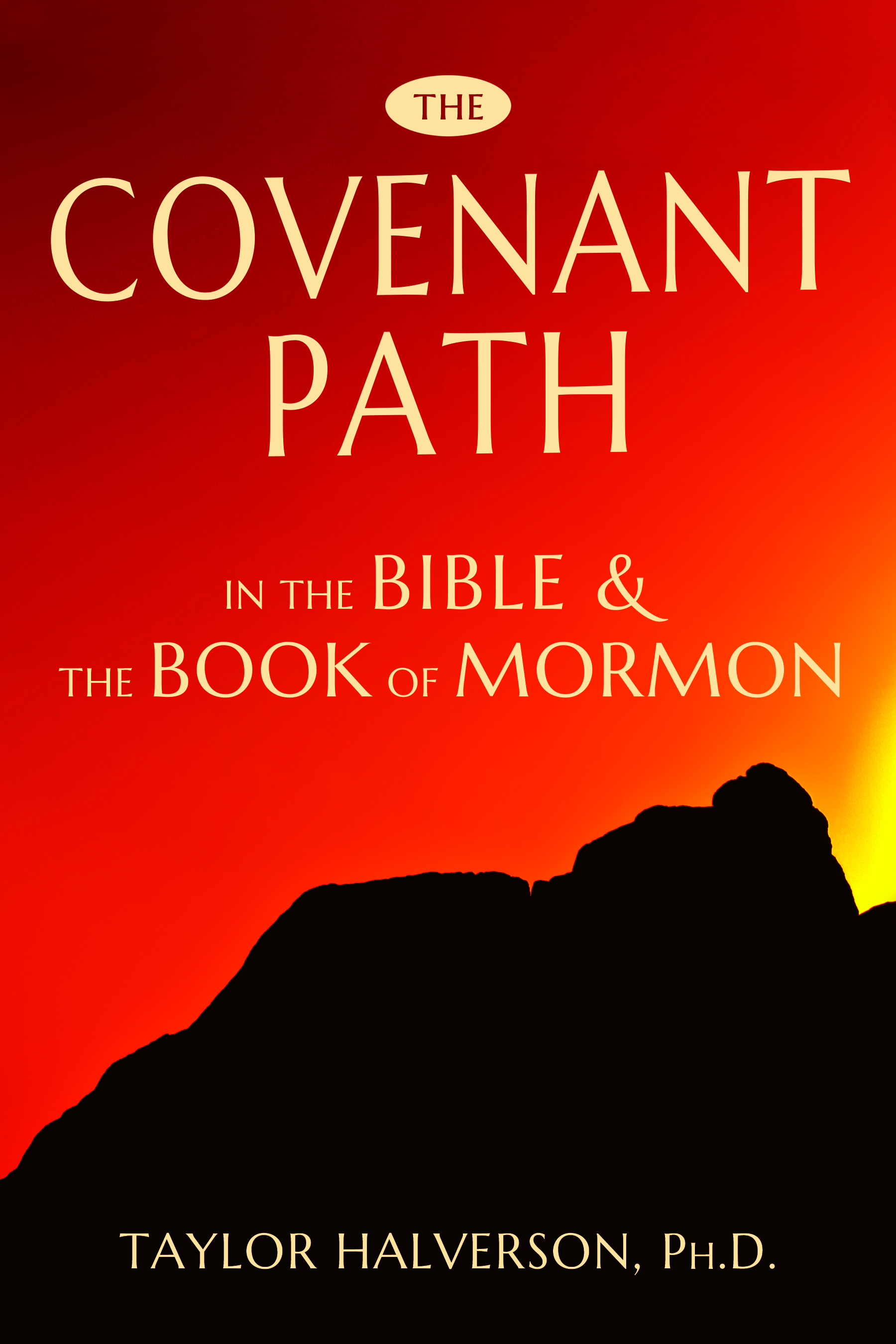WHO IS THE KING?
This may be one of the most important questions for understanding the Book of Mormon and even the Bible. Much of the Biblical and Book of Mormon narratives are dominated by how this question was asked and answered.
The prophet Jacob in the Book of Mormon provides the most sublime and succinct answer to this question.
“I, the Lord, the king of heaven, will be their king, and I will be a light unto them forever, that hear my words.” (2 Nephi 10:14)
But how searing is the painful loss to watch how many people in recorded scripture, recorded history, and even today replace the Real King with false and destructive imitations.
What do we see in the Bible? God covenantally bound Himself to fulfill His promises to Abraham, Isaac, and Jacob to provide posterity, property, and prosperity (remember that in a scriptural sense, prosperity = having God’s presence.) That is the essence of the Book of Gensis in the Bible.
God Covenanted to Be the King
To that end, when the Israelites were suffering under Egyptian bondage God remembered His covenant. He led the people out of spiritual darkness and into His presence at Mount Sinai. There He covenanted to be their God and King and they covenanted to be His special and treasured people. This is the essence of the Book of Exodus in the Bible.
But after establishing His people in the Land of Canaan, the Promised Land, the people cycled through periods of prosperity, pride, oppression by foreign kings, and repentance. In each instance, as the people repented, God raised up a deliverer (in English we call them judges). This is the essence of the Book of Judges in the Bible.
Israel Has Rejected God as King. Will We?
And even after all these acts of salvation, the Israelites still rejected God as their King! They clamored to the last judge Samuel, who was also a prophet, “make us a king to judge us like all the nations” (1 Samuel 8:5).
This is not much different from the children of Israel, who when they “saw that Moses delayed to come down out of the mount…. gathered themselves together unto Aaron, and said unto him, Up, make us gods, which shall go before us” (Exodus 32:1)
When Samuel put this short-sighted request of the people to have a human king instead of the Heavenly King,
“The Lord said unto Samuel, Hearken unto the voice of the people in all that they say unto thee: for they have not rejected thee, but they have rejected me, that I should not reign over them. According to all the works which they have done since the day that I brought them up out of Egypt even unto this day, wherewith they have forsaken me, and served other gods, so do they also unto thee.” (2 Samuel 8:7-8)
God then warned the people that kings would oppress the people, over tax them, take the women as wives and servants, send the men off to war to die, and eventually lead the people into apostasy (see 2 Samuel 8:11-18).
God’s Covenantal Instructions for Kings
The people had forgotten God’s instructions for covenantal kingship described in Deuteronomy 17:14-20. (Read a more in depth study of these verses in my article “Deuteronomy 17:14-20 as Criteria for Book of Mormon Kingship”.) In summary, God’s divinely revealed covenantal instructions for kings are these:
Covenantal Kings Should NOT Do These Things
Don’t acquire many horses (don’t raise a military) (v. 16).
Don’t return the people to Egypt (don’t return people to the house of bondage/apostasy) (v. 16).
Don’t acquire many wives (v. 17).
Don’t seek after silver and gold (v. 17).
Covenantal Kings Should Do These Things
Have a copy of the scriptures (v. 18).
Read the scriptures every day (v. 19).
Teach the scriptures; instruct the people about the covenant path and its obligations (vs. 19–20).
Do not lift himself up above his brethren (v. 20).
On the left we see how far too many leaders through past and present human history have conducted their lives. They have used their position to replace God and to horde and abuse resources for their own ends and not for the purposes of God. On the right we see God’s clear expectations for kings and leaders: preserve, read, live, and teach the covenantal instructions of God as found in the scriptures.
How Do Book of Mormon Kings Stack Up to God’s Expectations?
How does this relate to King Benjamin’s speech?
When you read about King Benjamin’s life and when you read the principles that he teaches in his speech, ask yourself, “How well does King Benjamin follow God’s covenantal instructions for kings?”
CALL TO ACTION:
Though we may not be kings or rulers, all of us have influence upon others and in that sense we are leaders. God’s expectations for kings and leaders is still valid today. We can ask ourselves, “How are we doing with using our influence for good, to spread the love of God upon the earth? Are we seeking to preserve, live, and teach His covenantal instructions as found in the scriptures? Or are we aggrandizing ourselves with the things of this world at the expense of serving others?”
OTHER RESOURCES
See also my book The Covenant Path in the Bible and the Book of Mormon “Chapter 13: The Book of Mosiah: The Book of Three Kings and the Story of Their Covenant Paths.”
More from Taylor Halverson
My latest book The Covenant Path in the Bible and the Book of Mormon is now available on Amazon and Deseret Book!

Join my newsletter and receive a free humorous eBook Memoirs of the Ward Rumor Control Coordinator is a light-hearted look at our beloved Mormon Church of Jesus Christ of Latter-day Saints culture. When you join my newsletter, it’s a bit like voting for Pedro. Your wildest dreams might come true!
And check out my new book Hear Him: Listening to the Voice of God in Scriptures and in Our Lives by Taylor Halverson, Lisa Halverson, and Tyler Griffin.








